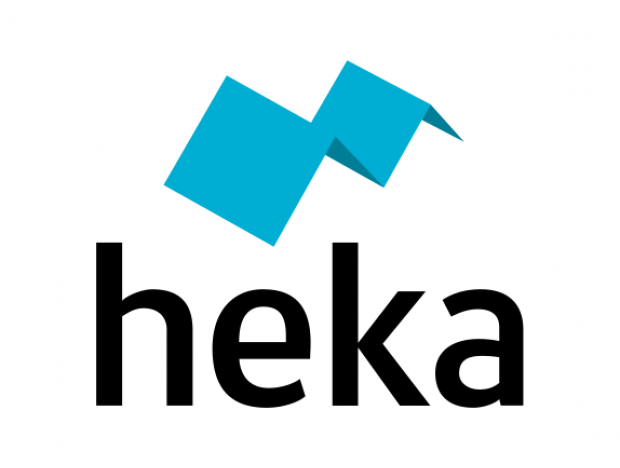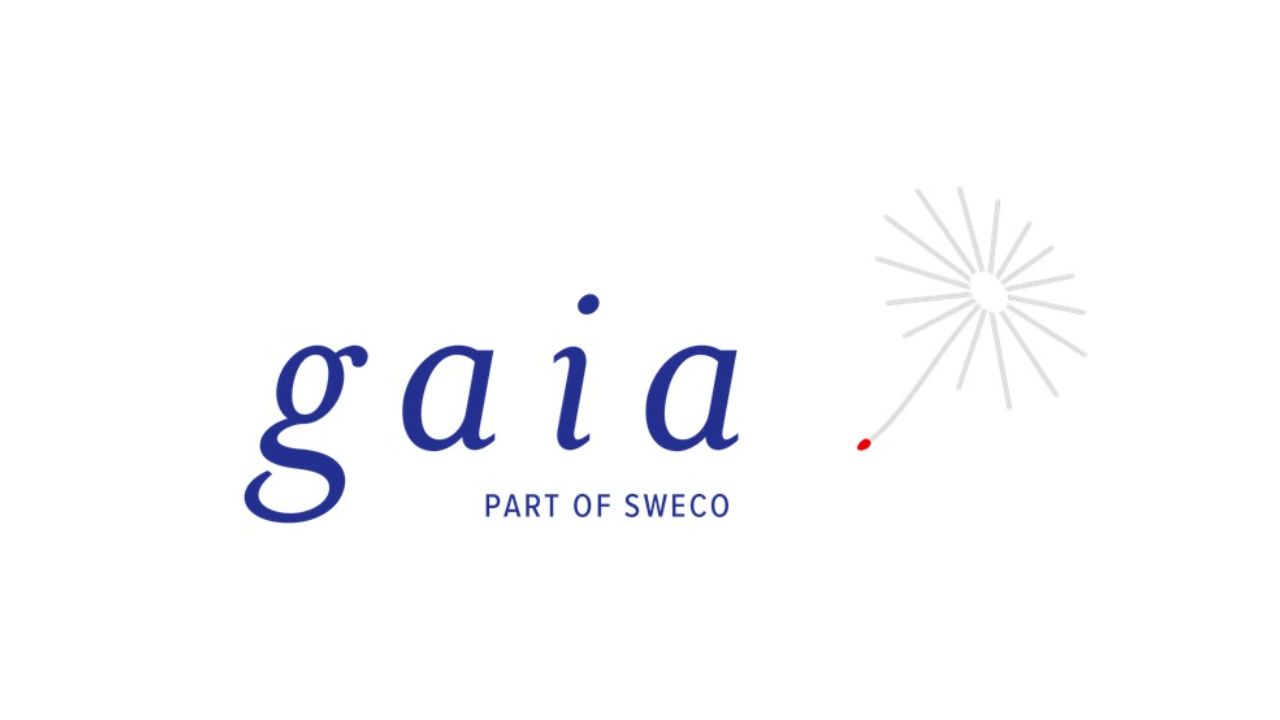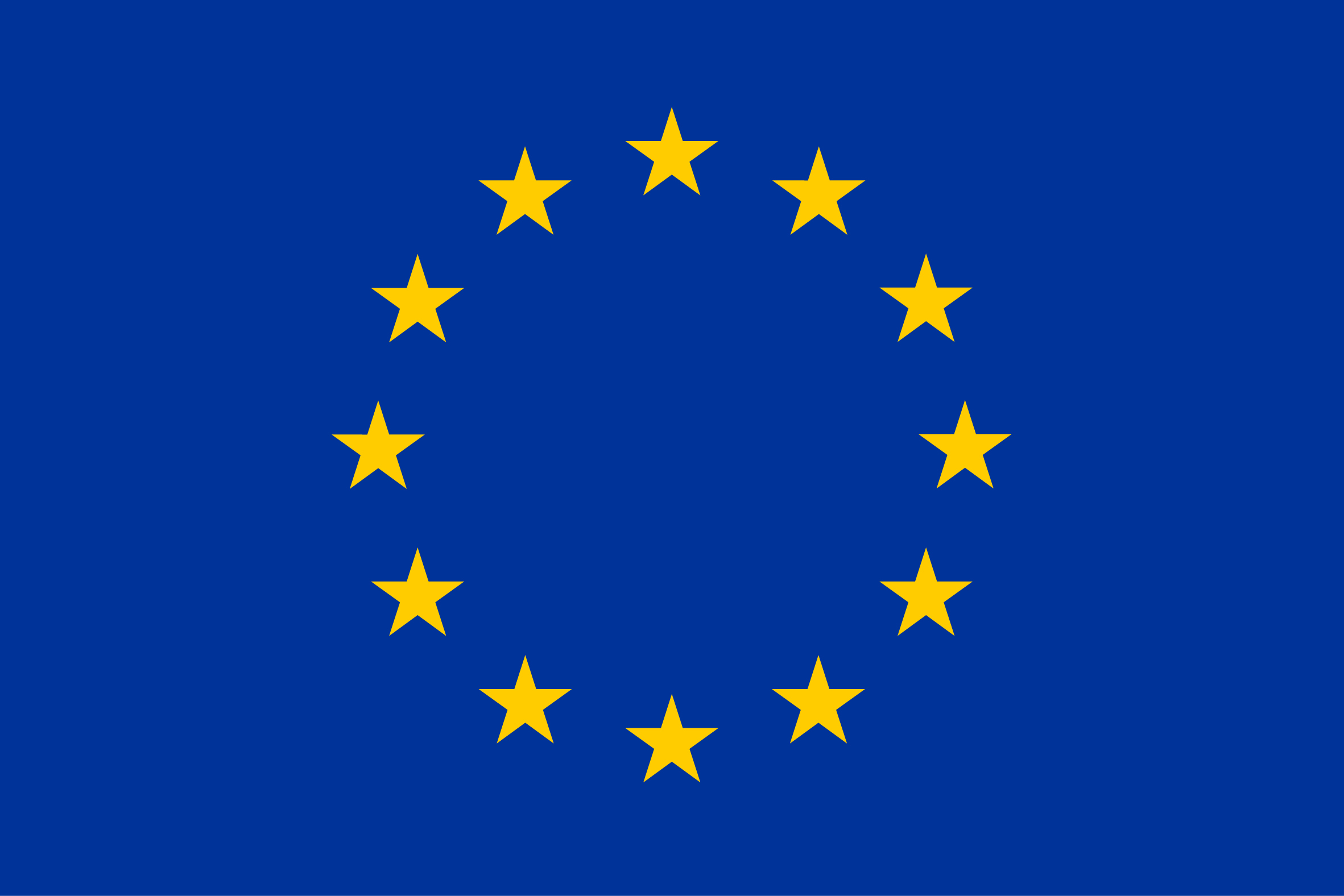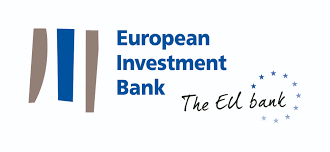Helsinki City Housing Company – HEKA Innovation Program
As the largest lessor in Finland, Helsinki City Housing Company HEKA maintains a building portfolio that includes over 50,000 apartments serving over 92,000 residents.
The HEKA Innovation Program is intended to source and pilot new, innovative solutions for low carbon buildings and housing for use in HEKA’s building infrastructure.
As part of HEKA’s sustainability initiatives and the transition to a low carbon society, the Innovation Program is intended as a way for innovative solutions to be matched with a large public-sector actor within the housing sector.
The Innovation Program is organised to support HEKA’s HELENA project aiming to achieve up to 40% savings in energy consumption of its deep renovation projects. The HELENA project is mainly implemented with ELENA funding, a support scheme managed by the European Investment Bank and funded by the EU’s Horizon 2020 program.
The goals of the Innovation Program are:
- Coach and mentor teams in further developing innovative, pilot-ready solutions for low carbon housing.
- Team matchmaking for cross-pollination of ideas and solutions.
- Source and pilot solutions within HEKA’s housing portfolio, providing feedback to the teams and HEKA for further development.
- Create reference value for teams through cooperation with one of Finland’s largest lessors, as well as potential for future collaboration.
For more information, contact:
Suvi Häkämies (suvi.hakamies@gaia.fi, +358503311495)
Sami Lankiniemi (firstname@kirahub.org)

Organised in collaboration by
Selected companies
No Results Found
The page you requested could not be found. Try refining your search, or use the navigation above to locate the post.
Introduction to the HEKA Innovation Program
>> Watch the recording of the Innovation Program’s kick-off to learn more about the opportunity!
What kinds of solutions are we looking for?
The HEKA Innovation Program will focus on piloting solutions that advance low carbon housing. These solutions can be products or services or a combination thereof. The Innovation Program is open to solutions that are innovative, pilot-ready and scalable, and most importantly, provide the potential to reduce emissions from housing/building management, for example through:
- energy efficiency/lower energy consumption
- local renewable or low carbon energy (building integrated)
- low carbon construction/circular economy
- others such as engaging residents in lower carbon living
What’s in it for participating teams?
Participating teams will be able to work with Finland’s largest property owner and public-sector housing company, matchmake with like-minded companies, receive mentoring and collect data and feedback from a living lab phase.
- Establish a connection with Finland’s largest lessor and public-sector housing company.
- Collect data, market insight and feedback from a living lab pilot.
- The possibility to continue collaborating and scaling the solution with HEKA after the program.
- Expert mentoring and coaching on business development and commercialization of your solutions.
- Matchmaking with other innovative solutions and their representative teams for cross-pollination of ideas and experiences in low carbon housing.
- A valuable reference for new and emerging organizations.
- Visibility within the Innovation Program and HEKA’s, KIRAHub’s and Gaia Consulting Oy’s channels.
What is required of the solutions?
The solutions can be products, services, or a combination thereof that help reduce emissions from housing. The solutions must be at a stage where they could be piloted in March-April 2022. This means solutions should be technologically ready for implementation and validated in a working environment (corresponding roughly to EU TRL 5). For example, teams might have a working technology solution that they are looking to scale or test in Finland’s climate conditions or in a public-housing context.
The Program selections will be made based on their ability to address HEKA’s needs, low carbon potential, potential for pilot execution, innovativeness, and matchmaking potential with other solutions.
What are we NOT looking for this project?
We are not looking for products or services that are still in development or in the concept phase.
What will happen during the Program?
The program advances in three stages: an initial matchmaking and mentoring period, during which time the selected teams will be able to share ideas with other teams, meet with HEKA to assess fit and possible pilots or future collaboration, and receive business development mentoring from experts at Gaia Consulting Oy. During this time, teams where a fit is found with HEKA for an immediate pilot will prep for the piloting stage. The second stage will focus on carrying out these pilots in a living lab environment. Finally, the program wraps up with a focus on feedback and impact assessments.
Intellectual property
The intellectual property rights reside with the applicant team. If the team is made up of more than one member, members must agree in advance of the program how intellectual property rights will be split among them.
All applicants are responsible for ensuring that their proposed solution does not violate others’ rights.
Adherence to the contents of the Innovation Program
By applying to the program, the applicants agree to the Program schedule and terms and conditions as outlined above and certify that they own the rights to the proposed solution.
Application period
Applications must be received by 5.12.2021 at 23:59 EET.
By submitting your application, you agree to having your name and the name of your proposal made public within the organizing parties’ channels.
Timeline
29.10.
Kick-off
Meet the organizers, learn more about the program and the solutions we are looking for!
5.12.
Call ends
The application period is open from 29 October to 5 December.
10.01.
Selection
Companies selected for the Innovation Programme are announced online.
25.01.
Opening
A matchmaking event is held online for the participants.
Planning of the pilots, team mentoring and coaching begin in February.
MARCH
Piloting
Piloting starts in March and is set to end in May, with feedback sessions organised for each team.
HELENA project is funded by
The sole responsibility for the content of this webpage lies with the authors. It does not necessarily reflect the opinion of the European Union. Neither the European Investment Bank nor the European Commission are responsible for any use that may be made of the information contained therein.
#MATCHMAKING #KIRAHub
Data guides sustainability decisions at YIT
Data and sustainability are both mega trends in the built environment discourse. Consequently, they have both been important development themes at YIT.
COVID-19 proved what we already knew
It is no news that the State, municipalities and private operators compile information on the built environment, and that this information is needed by building owners, businesses and policy-makers.
Managing Narrative, Capturing Context, and Building Together: Talking VR and AEC with David Weir-McCall
We sat down with David Weir-McCall of Epic Games to discuss the role VR plays in the modern AEC ecosystem. Our conversation covered the power of merging digital innovation with human insight, the importance of accessible data visualization, and the role that the Unreal platform plays across a range of sectors every day.
Wellbeing in The Built Environment – An Interview with Dr. Marta Fernandez
We took the time to sit down with Dr. Marta Fernandez of RMIT Europe in the runup to WDBE 2020. Our conversation covered how we are building our spaces, what needs to change, and the importance of considerate design.
BIG NEWS: WDBE 2020 to redefine the virtual summit experience using Epic Games’ Unreal Engine technology
Though we may be socially distant, we can find new ways to connect in these challenging times. COVID-19 gave the World Summit on Digital Built Environment, WDBE, a reason to redefine itself, and share a new virtual event experience.
Bringing BIM to the Modern Built Environment – An Interview with Prof. Martin Fischer
We talked with Professor Martin Fischer of Stanford University’s Civil and Environmental Engineering Department in the run-up to WDBE. Our discussion covered what drew him to the discipline and the practical challenges of applying BIM in the modern built environment.
Engineering, Architecture, and Modern Technology – An Interview with Dr. Jakob Strømann-Andersen
We sat down with Dr. Jakob Strømann-Andersen of Henning Larsen’s Sustainability Engineering Department. Our talk covered the need for interdisciplinary research, sustainable practice, and how technology will lead change in the years ahead.
Digital Construction Hackathon Addressing the Construction Sector’s Challenges is Inviting Entrants
The Digital Construction Cluster, Ministry of Economic Affairs and Communications and Garage48 are inviting entrants to the Digital Construction Hackathon aimed at working out solutions to improve bottlenecks in the construction industry. The virtual hackathon takes place on 25th to 27th September.
Architecture, Robotics, and the Importance of Human Interaction – An Interview with Prof. Kathrin Dörfler
We sat down with Professor Kathrin Dörfler of the Technical University of Munich (TUM) in advance of WDBE 2020. We discussed the importance of innovation and how her research focuses on the need for practical and productive solutions when it comes to on-site support.
Embedding Better Urban Living – An Interview with Annalise Johns
We sat down with Annalise Johns, Housing Lead of Connected Places Catapult to find out a little more about her work in the built environment, health, and regeneration.





